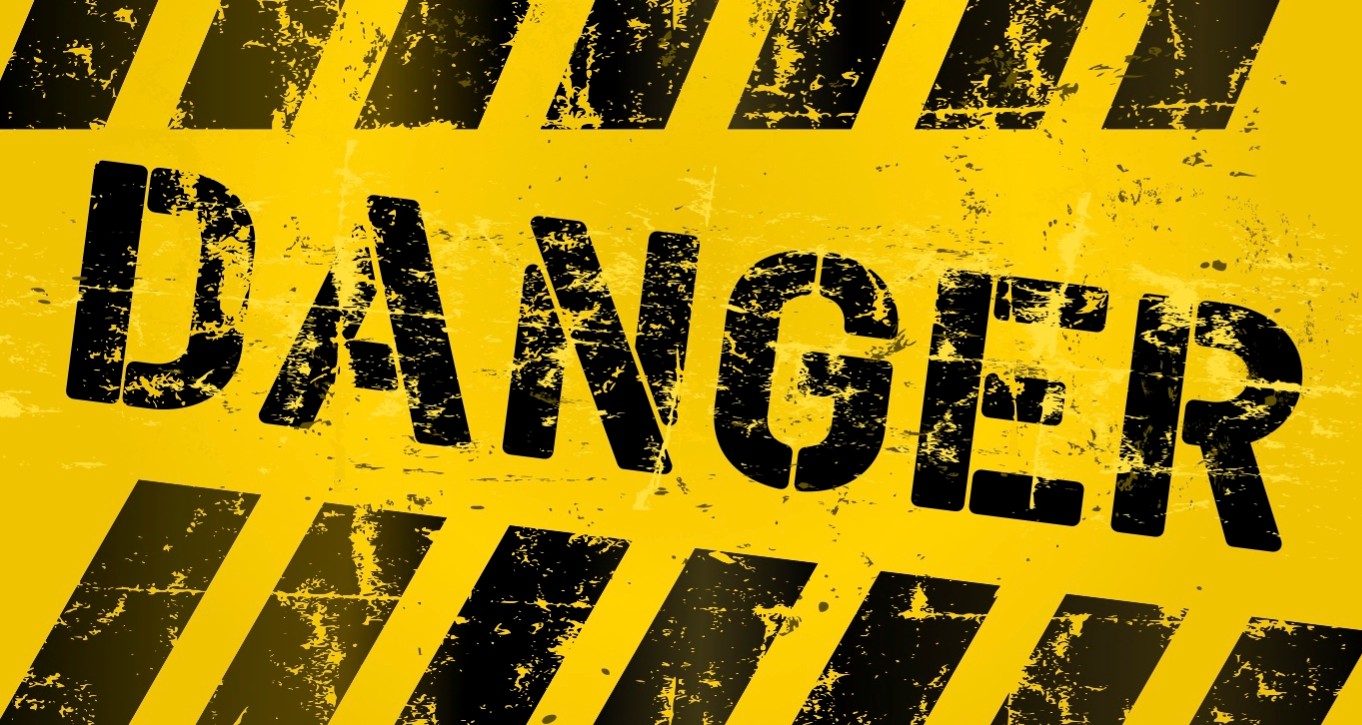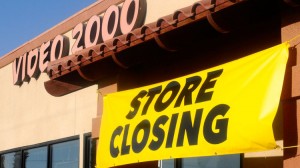Here’s something I’ve noticed about people. Most people love the familiar. They find something that they like and they get used to it. On the surface that would seem like a logical idea, and while it’s certainly ok to like having favourite things – after all, that’s what makes them our favourite things – the problem is that we can get so attached to those things to the point where we never discover alternatives to them. And this means we sometimes become blind to the alternatives, the potential opportunities they offer us, or the idea that we could perhaps like other things even more.
It’s good to be able to identify the ideas, objects and things we are most attached to, and then deliberately make an effort to look around and see what other alternatives exist. For example, if you normally go to a church, you could try visiting a mosque. If you normally choose McDonalds, try a Hungry Jacks instead. If you normally drive, try walking. If you don’t like to dance, take a dance class. Mix it up a bit.
Trying alternative options doesn’t mean you have to permanently adopt them. Of course you don’t have to convert to Islam if you’re a Christian, or switch to a Mac if you love Windows. It just means you will be more aware of what’s out there, and might even reinforce that your initial choice is indeed the best one for you. But sometimes trying an alternative to what you’re familiar makes you realise that walking is not so bad, or that you actually enjoy dancing, or that the burgers really are better at the other place.
One of the phrases that I think we all get a little caught up on at times is “that’s the way we’ve always done it”. And it’s probably true that when we start to accept the way we do things as being just the way we do things, that it closes us off from the possibilities of trying something different. Because honestly, if we never look around us, how will we know what’s around us?
George Bernard Shaw once wrote “The reasonable man adapts himself to the world”. And really, if you can adapt yourself to the way the world works, to just accept it as it is, then it will likely be comfortable and serve you well, so why wouldn’t you just adapt to it and accept it? It seems a perfectly reasonable thing to do, doesn’t it?. He then goes on to note that “The unreasonable man persists in trying to adapt the world to himself” And it is those people, those unreasonable, annoying, pain-in-the-butt people, who continually want the change the world instead of just accepting it, who question the status quo, who are never satisfied with how things work, who constantly ask why things are done the way they are, who are always looking at other options; those are the people who ultimately change and improve the world because they are the ones who dare to consider that there may be alternatives to the way we’ve always done things. Shaw concludes “Therefore, all progress depends on the unreasonable man.”
So how does one become unreasonable?
I think the first step is to become much more aware of what your likes and preferences actually are. What routines do you regularly have? What foods do you eat often? What TV shows do you watch? What operating system do you use? How do you usually get to work? Notice it. Observe it. Then think about mixing it up. Watch something different. Try getting to work a different way. Try using a different piece of software. Order a meal you wouldn’t normally order. On their own, none of these things might be overly life-changing. Walking to work instead of catching the bus is not, on its own, a huge decision. However, the effect of questioning your current choices and making a change could be huge. From little things, big things grow.
The second step is to find alternatives. For all the things you currently have in your life, what other things exist that could possibly help you see them differently? Perhaps it’s just because of the kind of work I do with helping people use technology, but the way people become attached to computer operating systems and software are a great example of how entrenched people can become in their choices. Indeed, the whole PC vs Mac thing has been an ongoing cultural meme for years! I meet a lot of people who live in either a Windows world or a Mac world, and who simply cannot function in the other world, or have a negative opinion of it based on the fact that it’s not the one they use themselves. And it’s obviously ok to have a preference for one thing or the other, although if your choice is just based on the default you started with and you have no actual knowledge of what the “other side” is like, then your opinion as to which is best isn’t really worth much since it’s based on, well, nothing. But if you’ve used many different versions of Windows and MacOS, have tried different distros of Linux, have spent serious time using a Chromebook, or even tried other, less known OSes such as BeOS, OS/2, etc, then now I am interested to hear your thoughts on it because I know I’m listening to someone with an open mind and a range of perspectives.
If I could wave a magic wand and change one thing about the world, I think it would be this. To increase people’s tolerance to the unknown. To help them be less afraid of those things that are different to what they are used to. To help them be more willing to take a risk or try something new.
Because if we could all be more ok about the alternatives to our own “normal”, we’d start to see that there really are lots of amazing experiences, ideas, things and people out there. We’d start to understand that so many of the really big problems in the world – racism, bigotry, terrorism, war, homophobia, hatespeech, bullying – are little more than the result of people not being able to acknowledge, explore and accept that there are other things that exist outside their own little world, alternatives that they would not otherwise be exposed to, that might not be as terrible as they think.
Imagine how much richer our lives would be if we could get past living in a world filled with “that’s just the way we’ve always done it” thinking, and replace it with a whole new set of completely unreasonable ideas that shake us up and help us see the world a bit differently.


 With Google turning 15 last week, I’ve been pondering about just how much friction has been removed from our lives because of technology (and web technology in particular). Thanks to the web, many things that were once difficult, expensive, complicated or time-consuming have been made less of all of these things, and much of the inherent friction in these things has been dramatically reduced, and in some cases even eliminated completely. This removal of friction hasn’t always been painless, and many industries have been decimated by the massive disintermediation that digital technology has brought to them.
With Google turning 15 last week, I’ve been pondering about just how much friction has been removed from our lives because of technology (and web technology in particular). Thanks to the web, many things that were once difficult, expensive, complicated or time-consuming have been made less of all of these things, and much of the inherent friction in these things has been dramatically reduced, and in some cases even eliminated completely. This removal of friction hasn’t always been painless, and many industries have been decimated by the massive disintermediation that digital technology has brought to them.